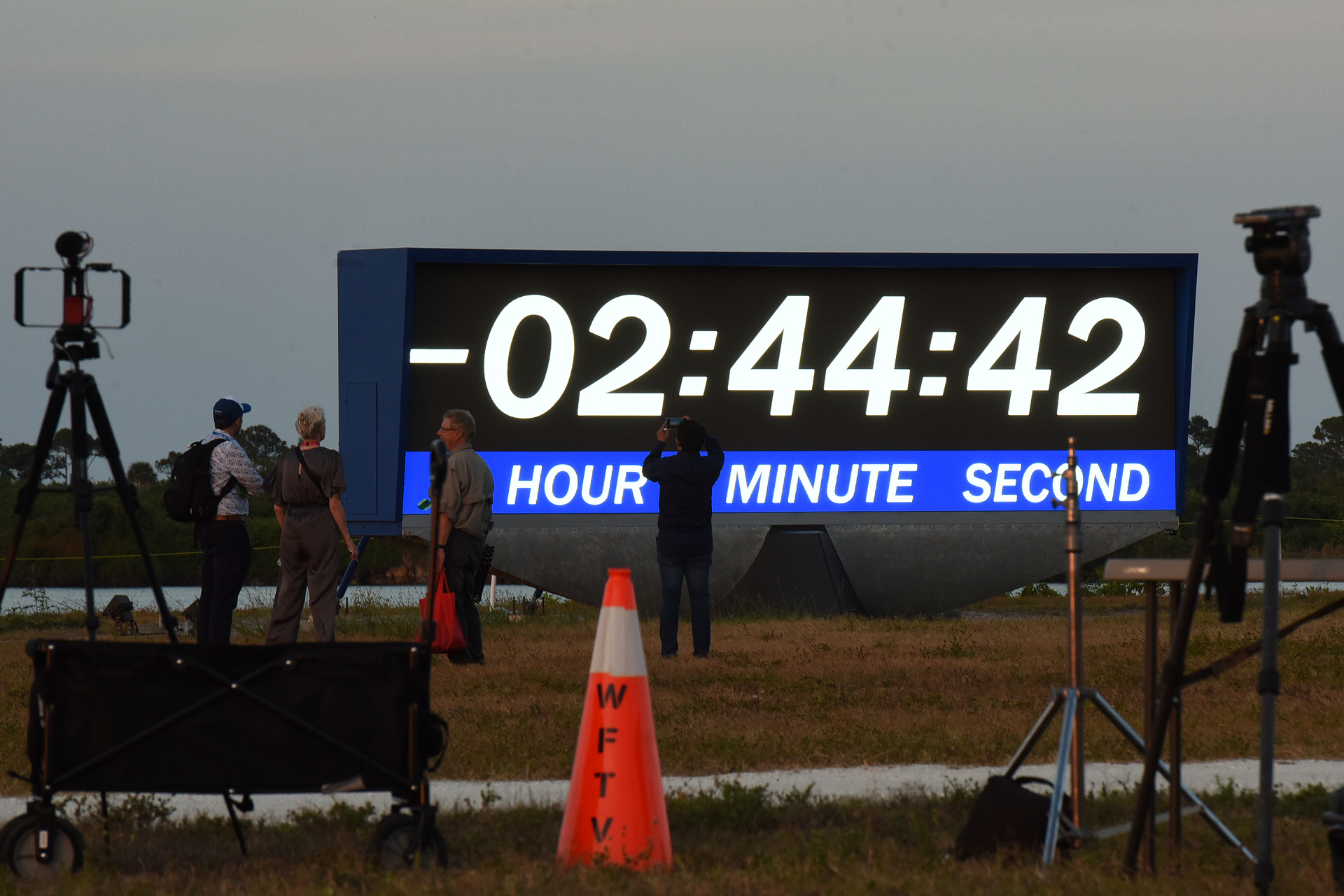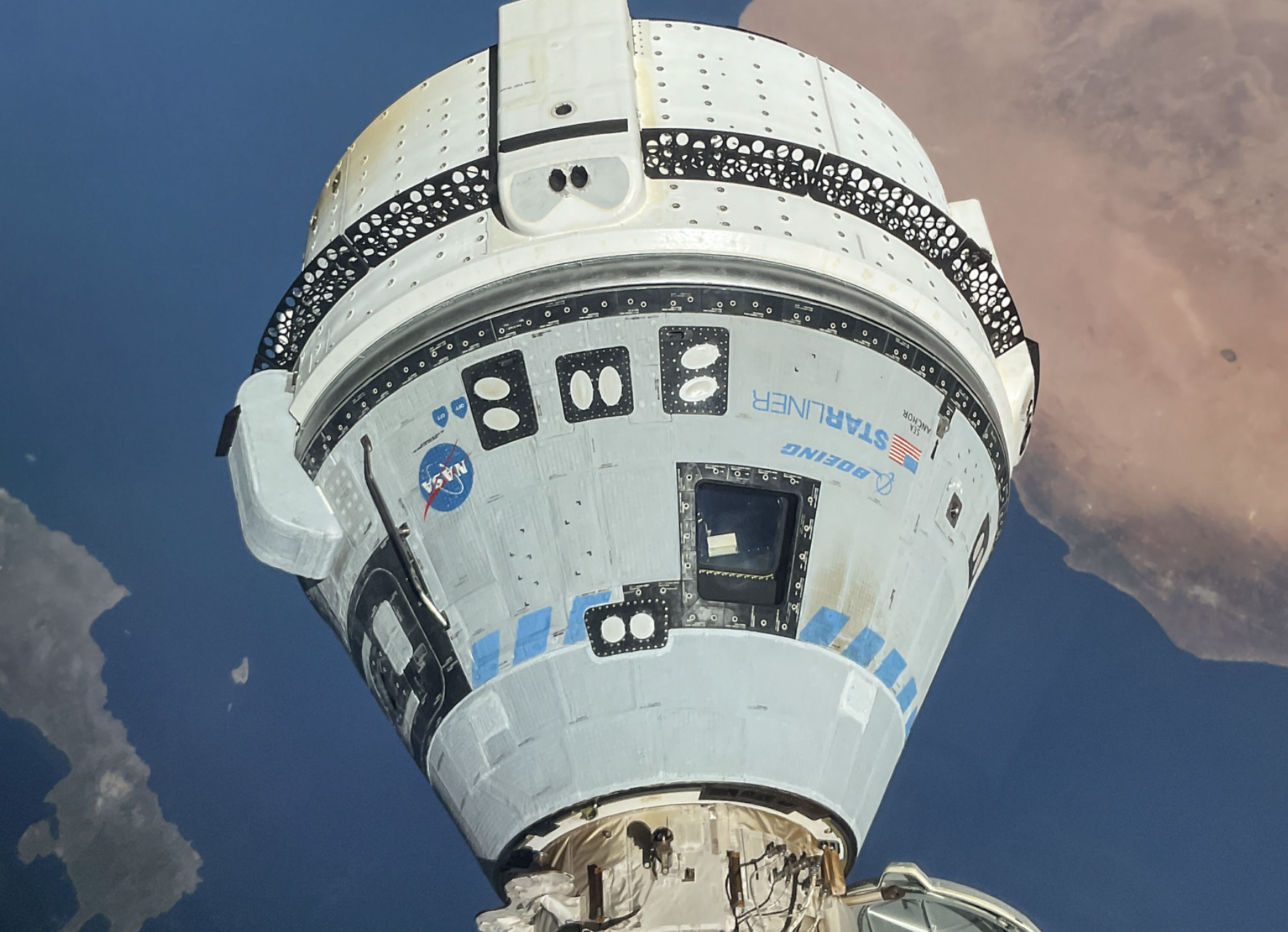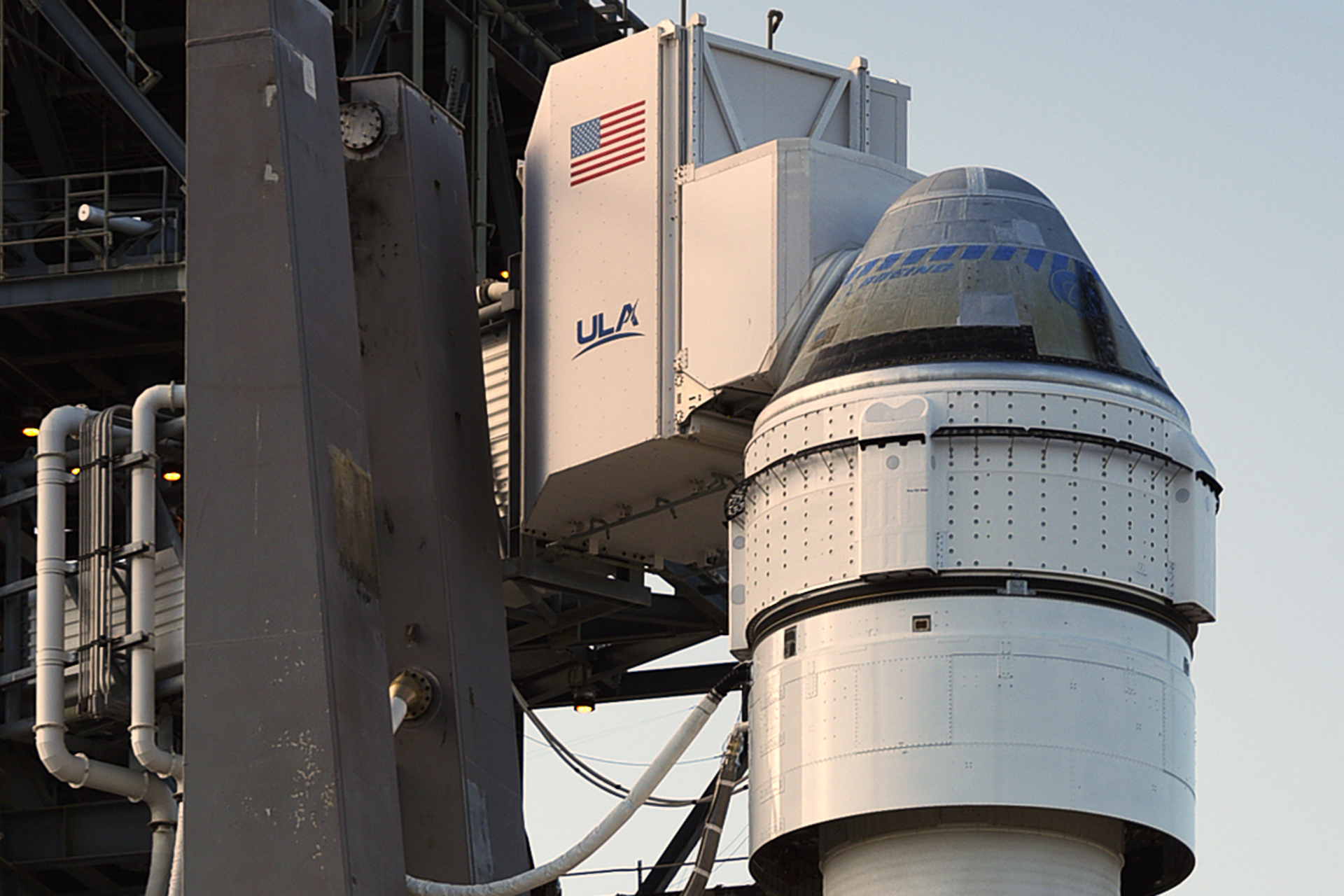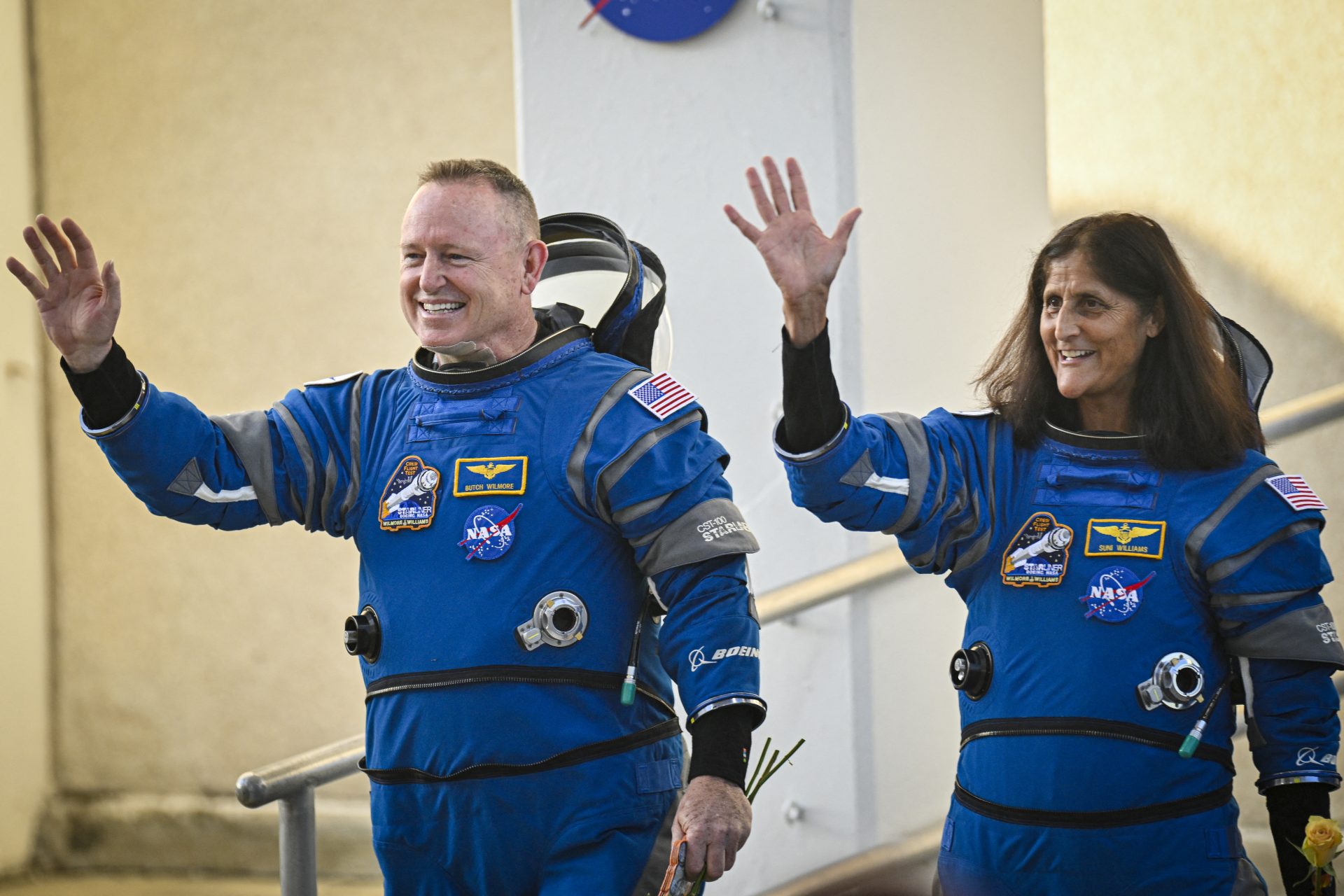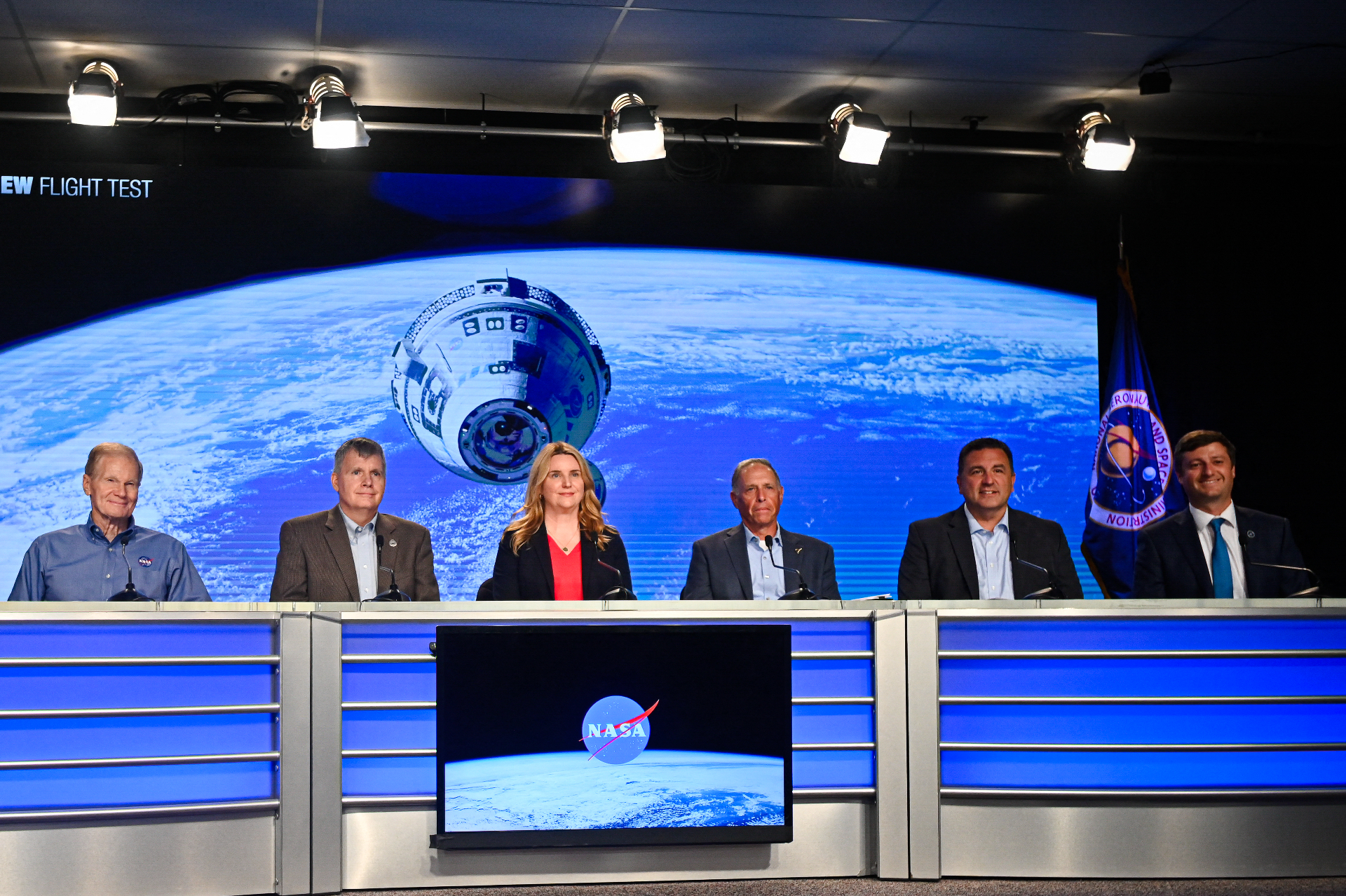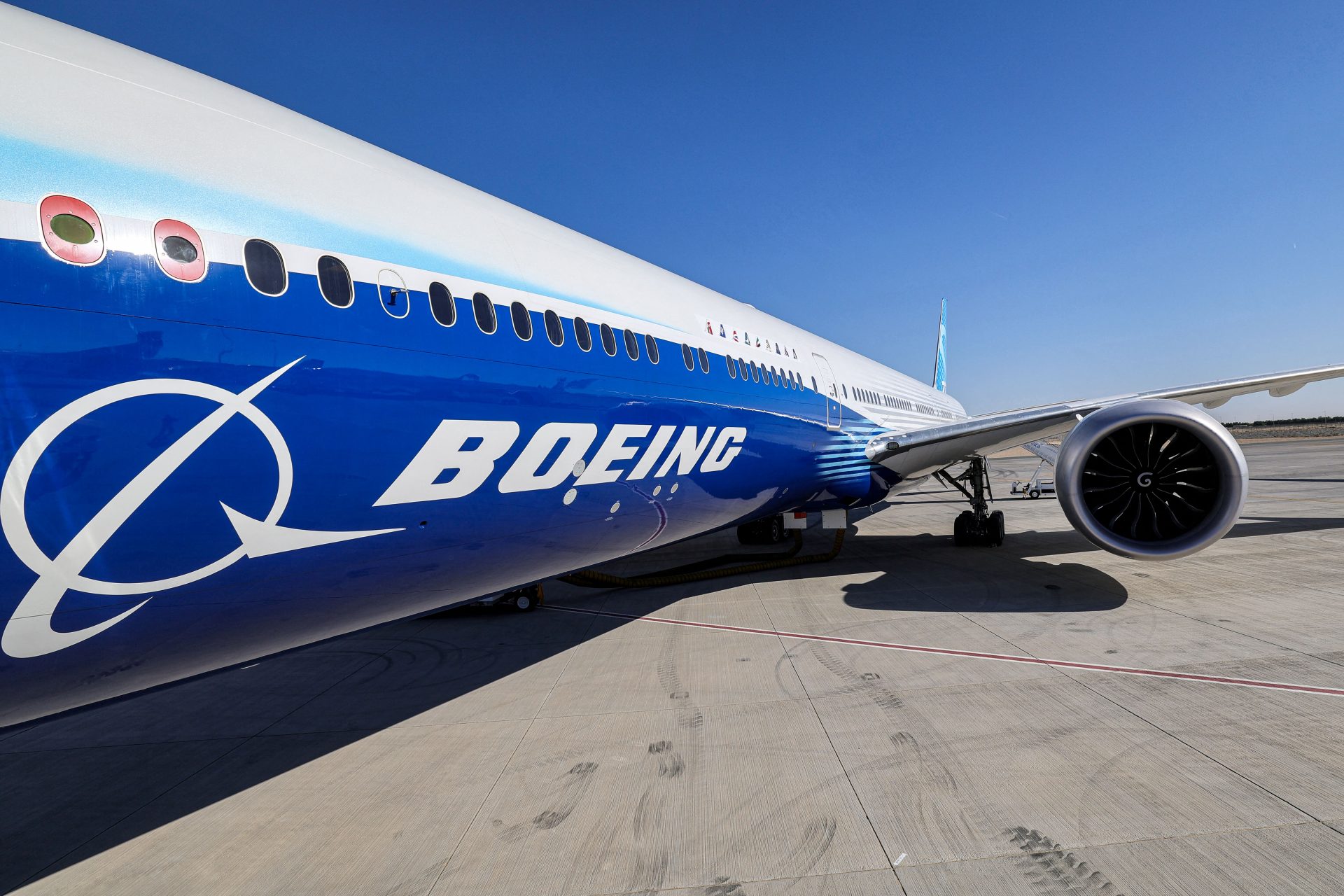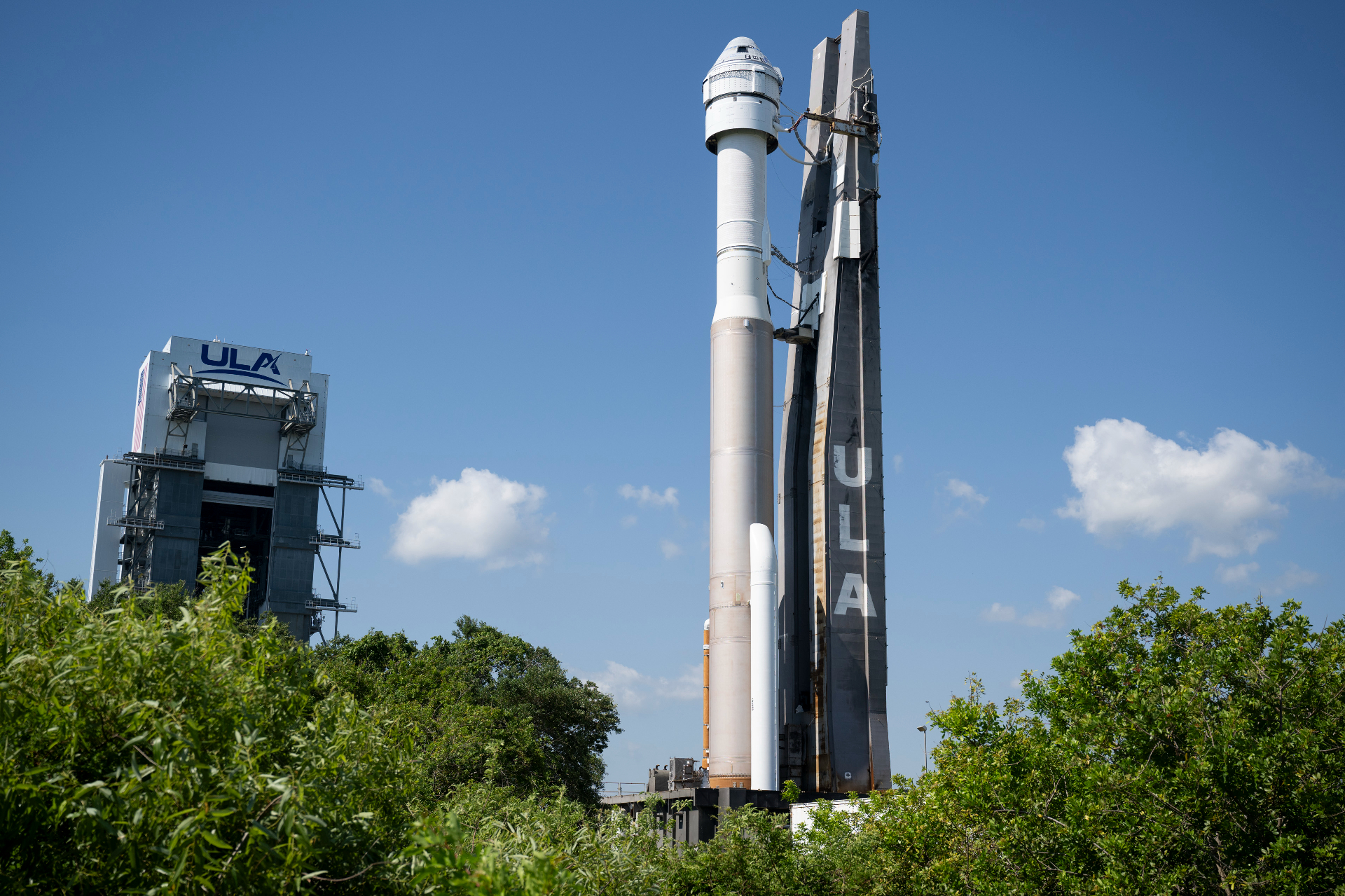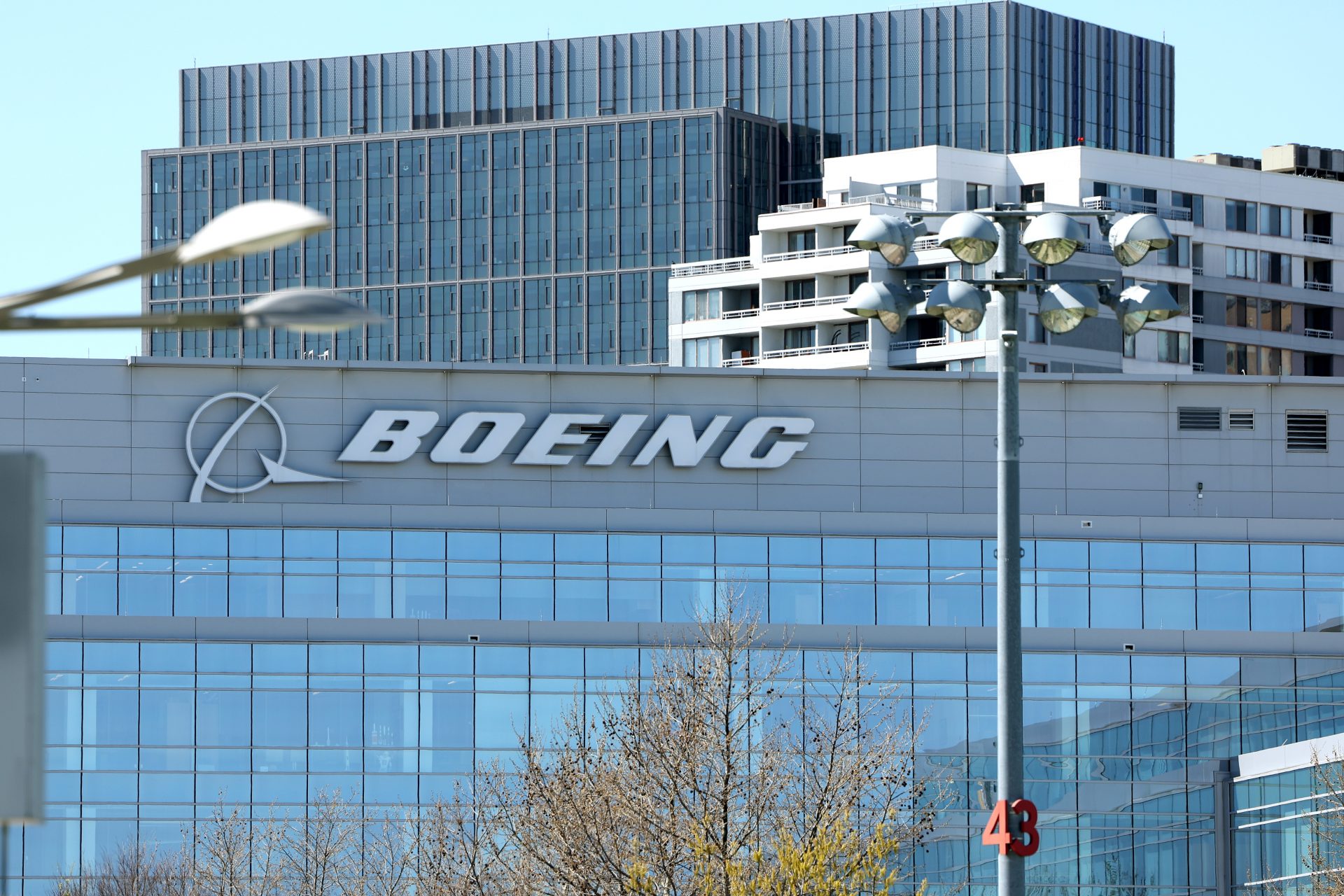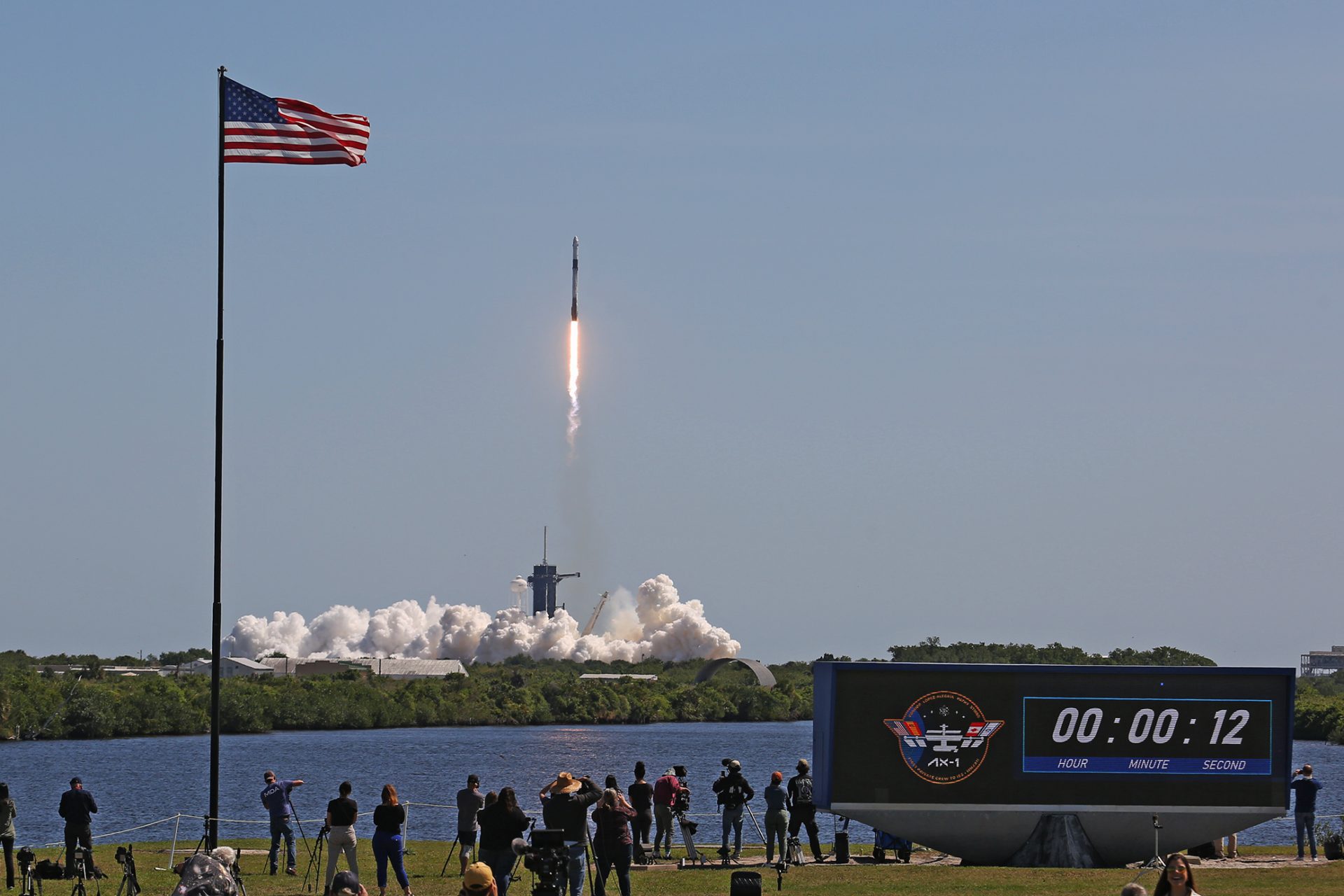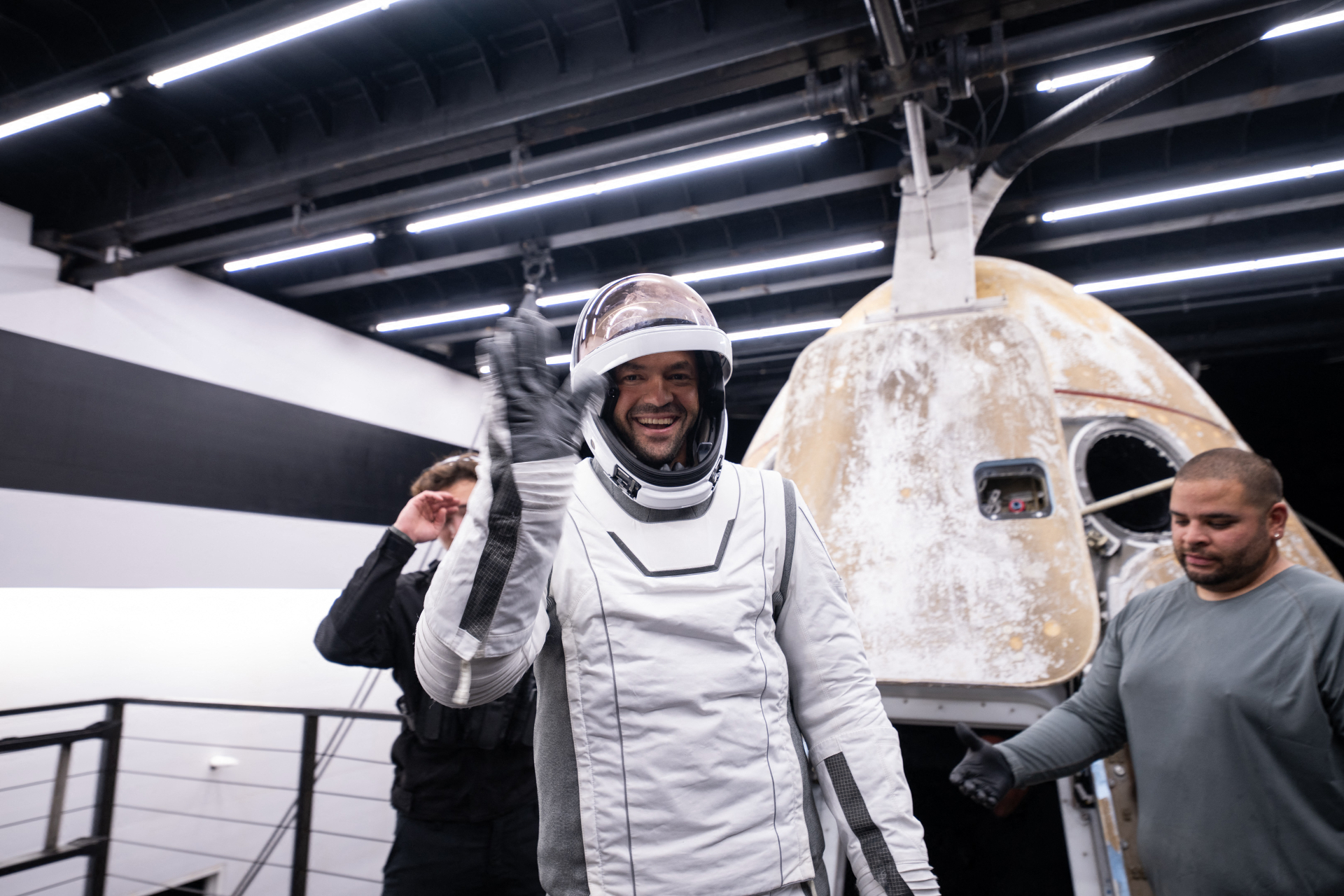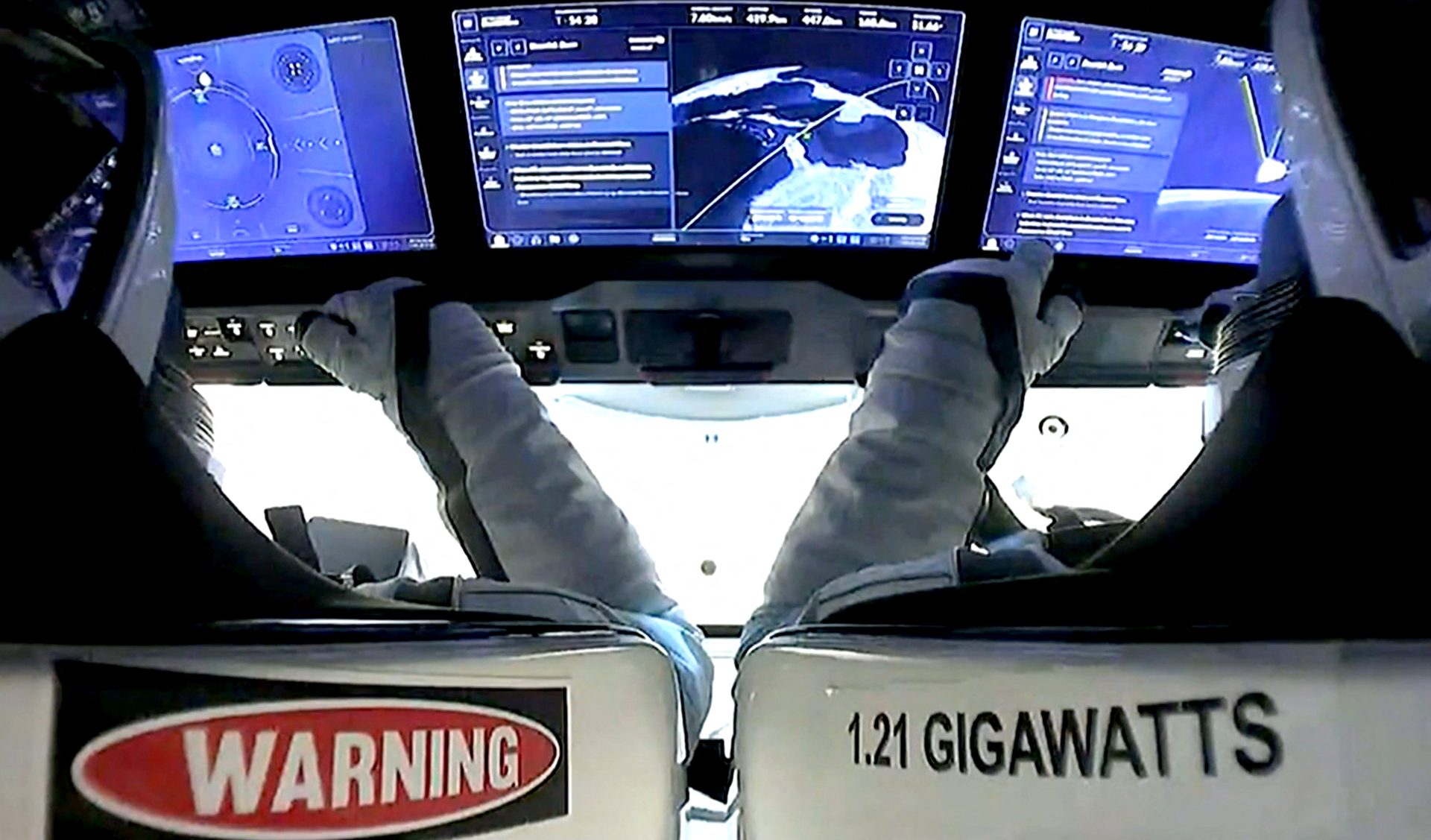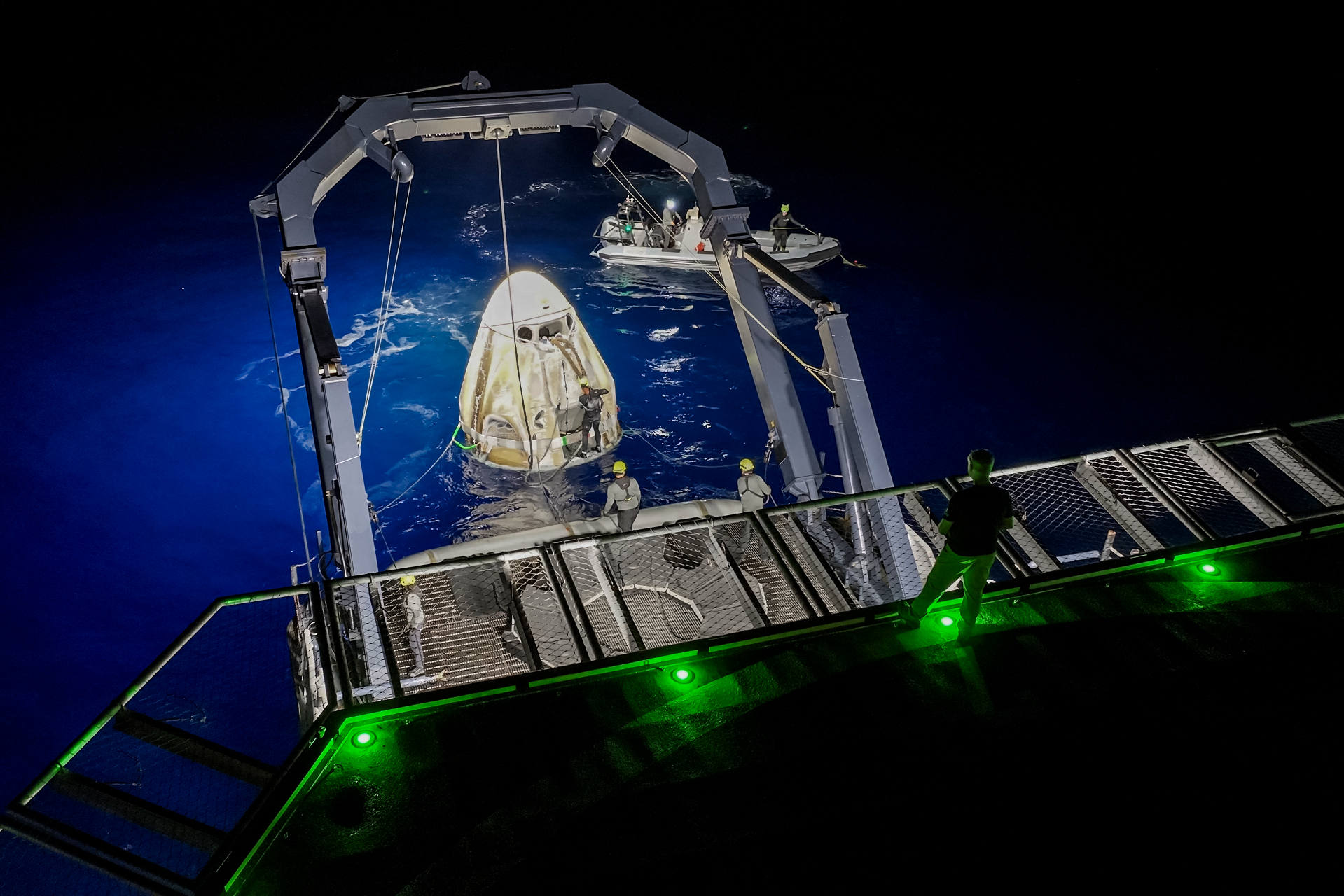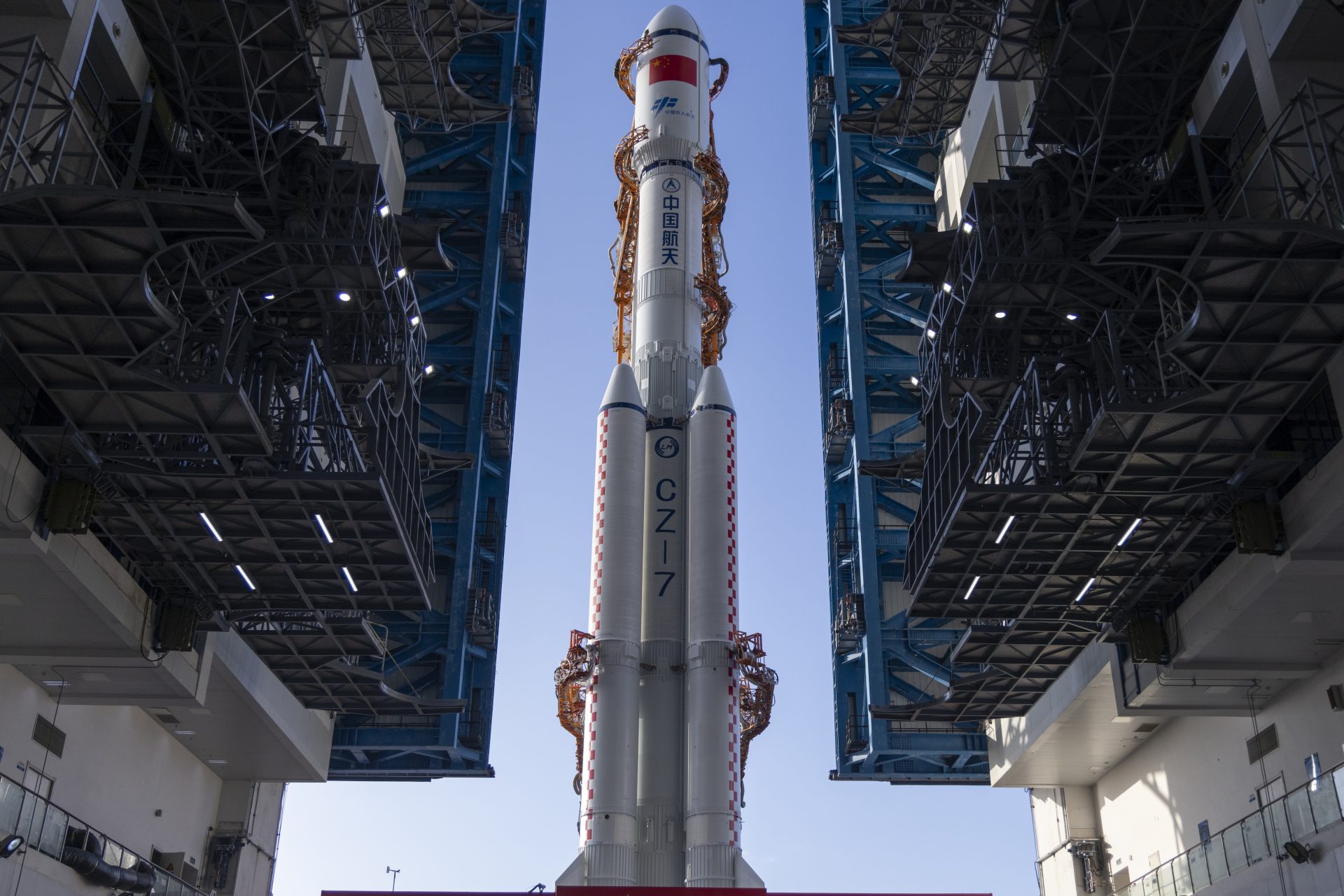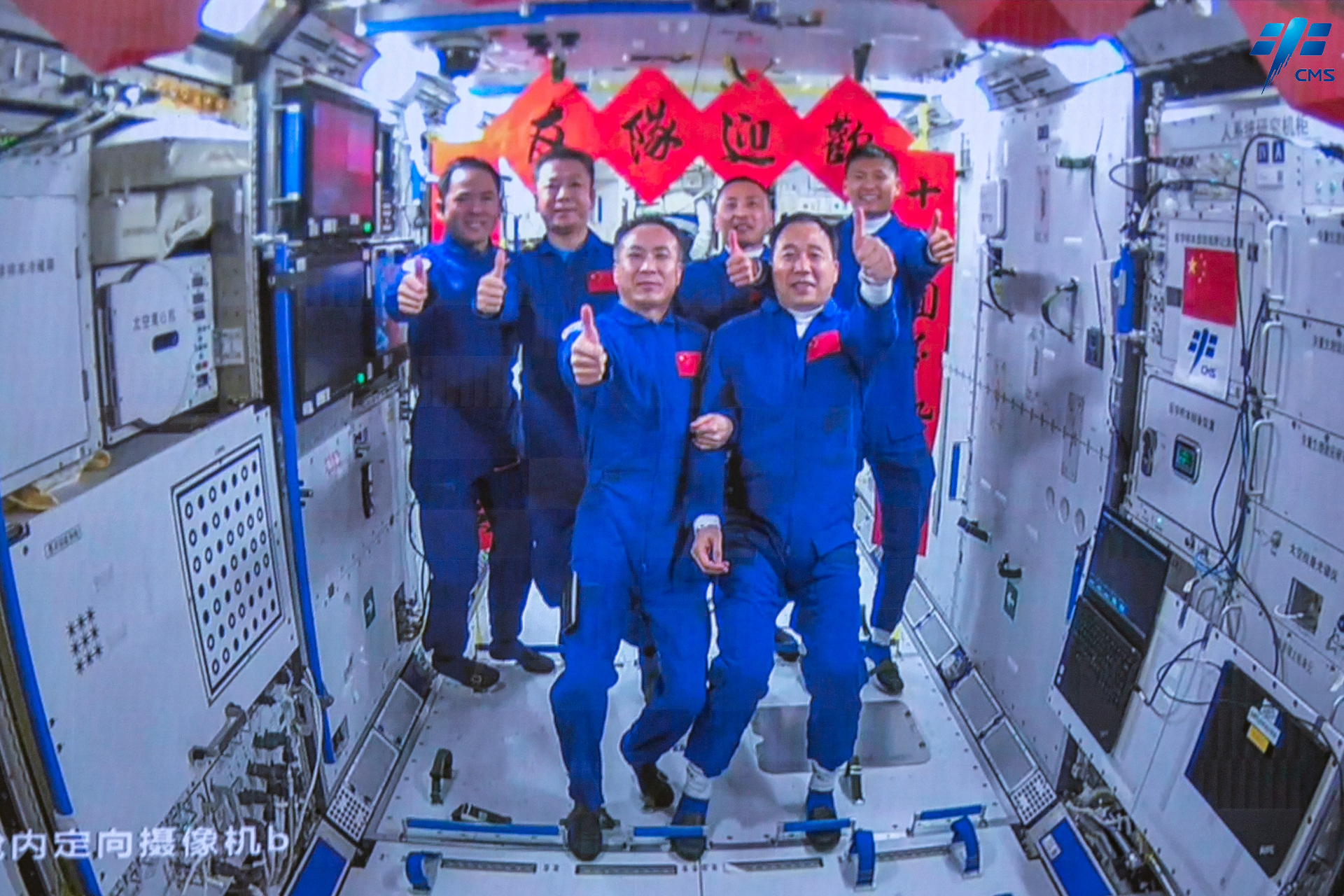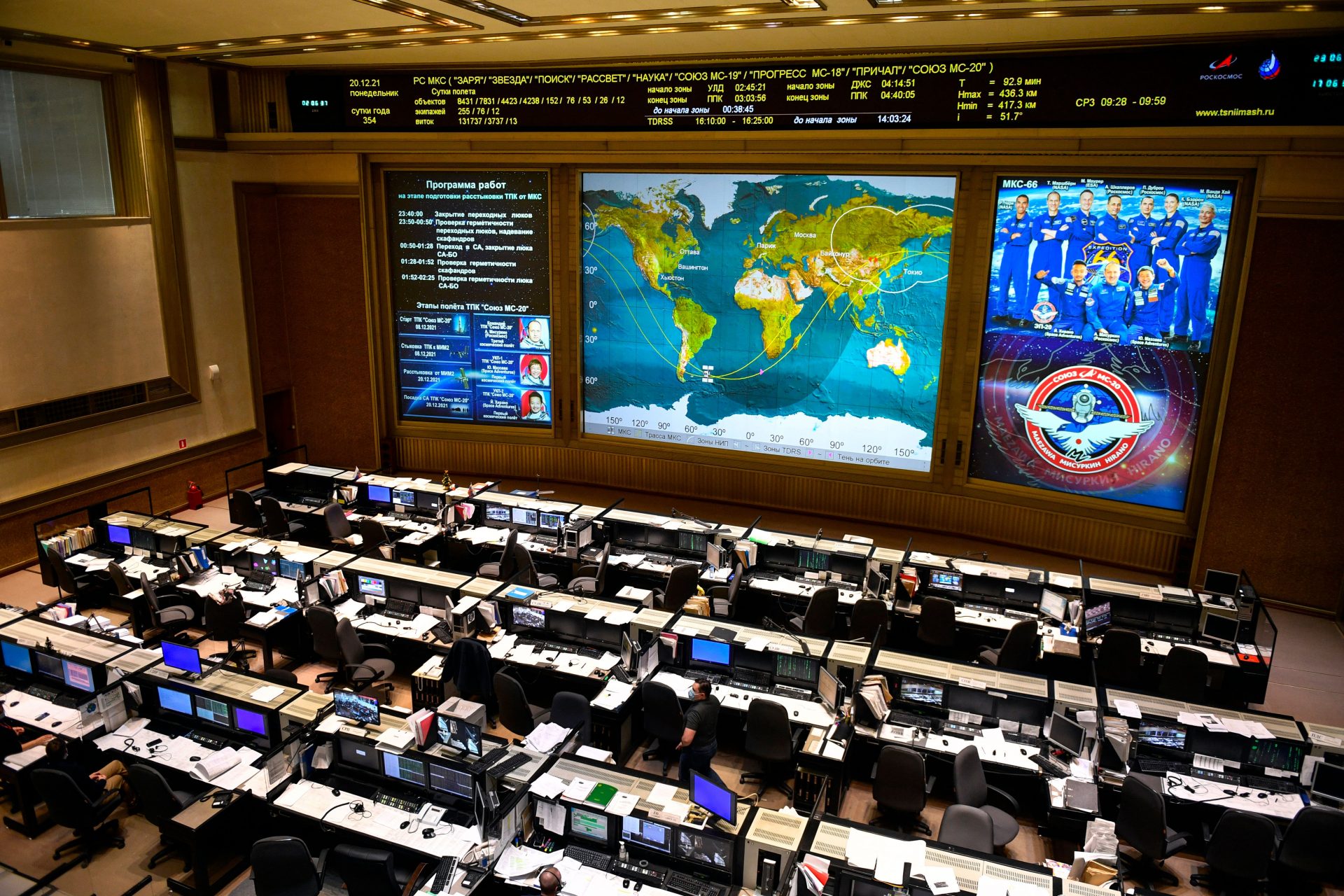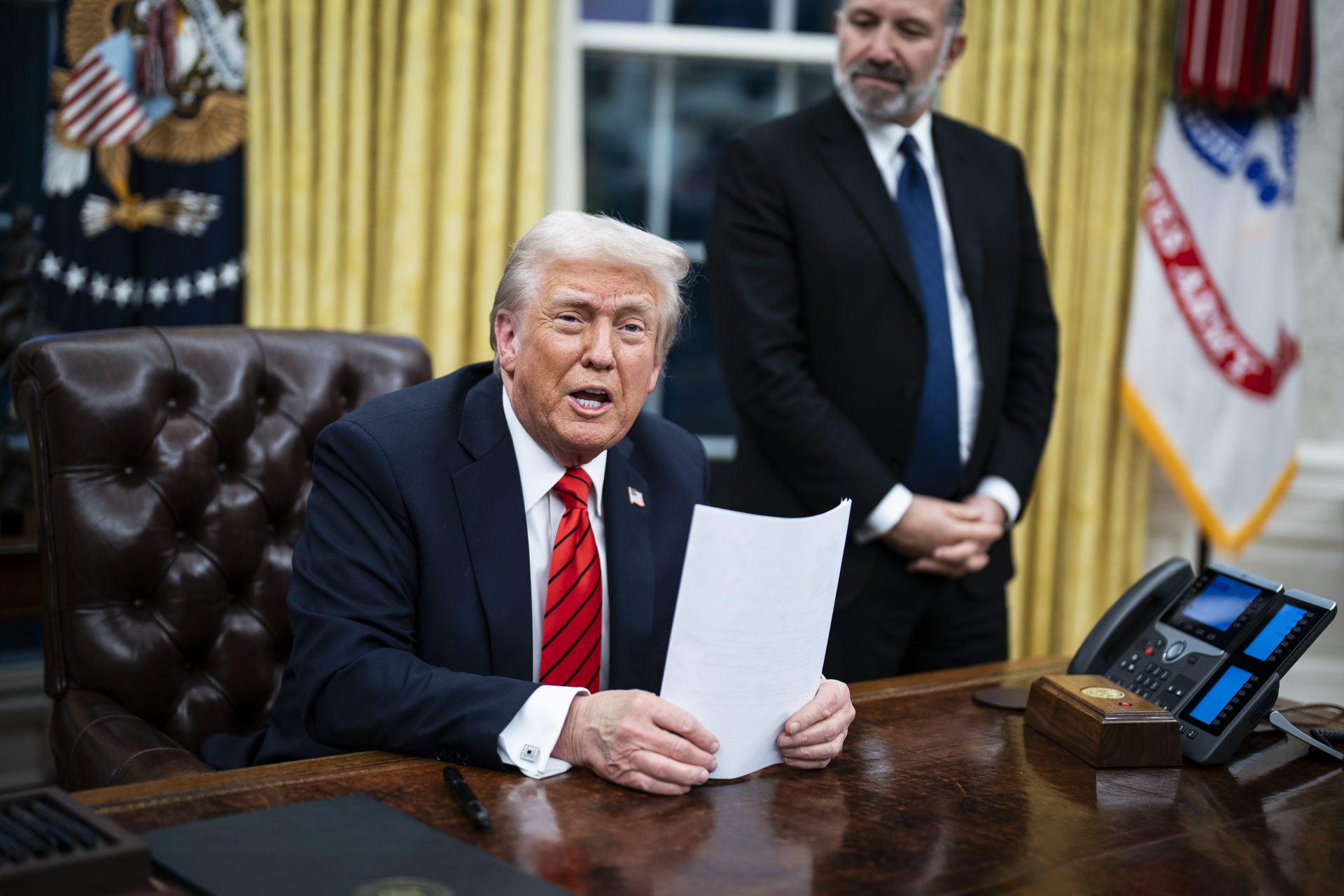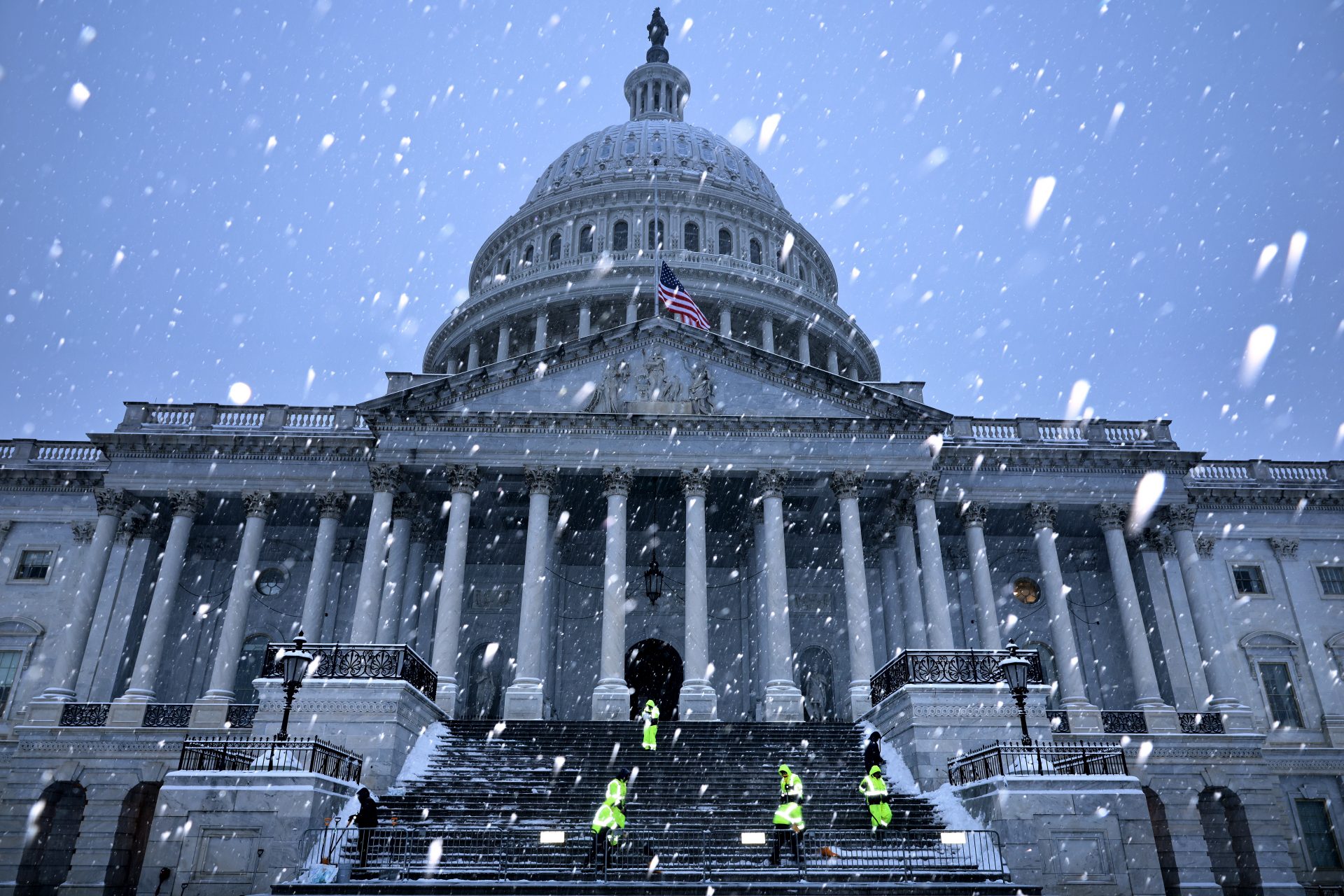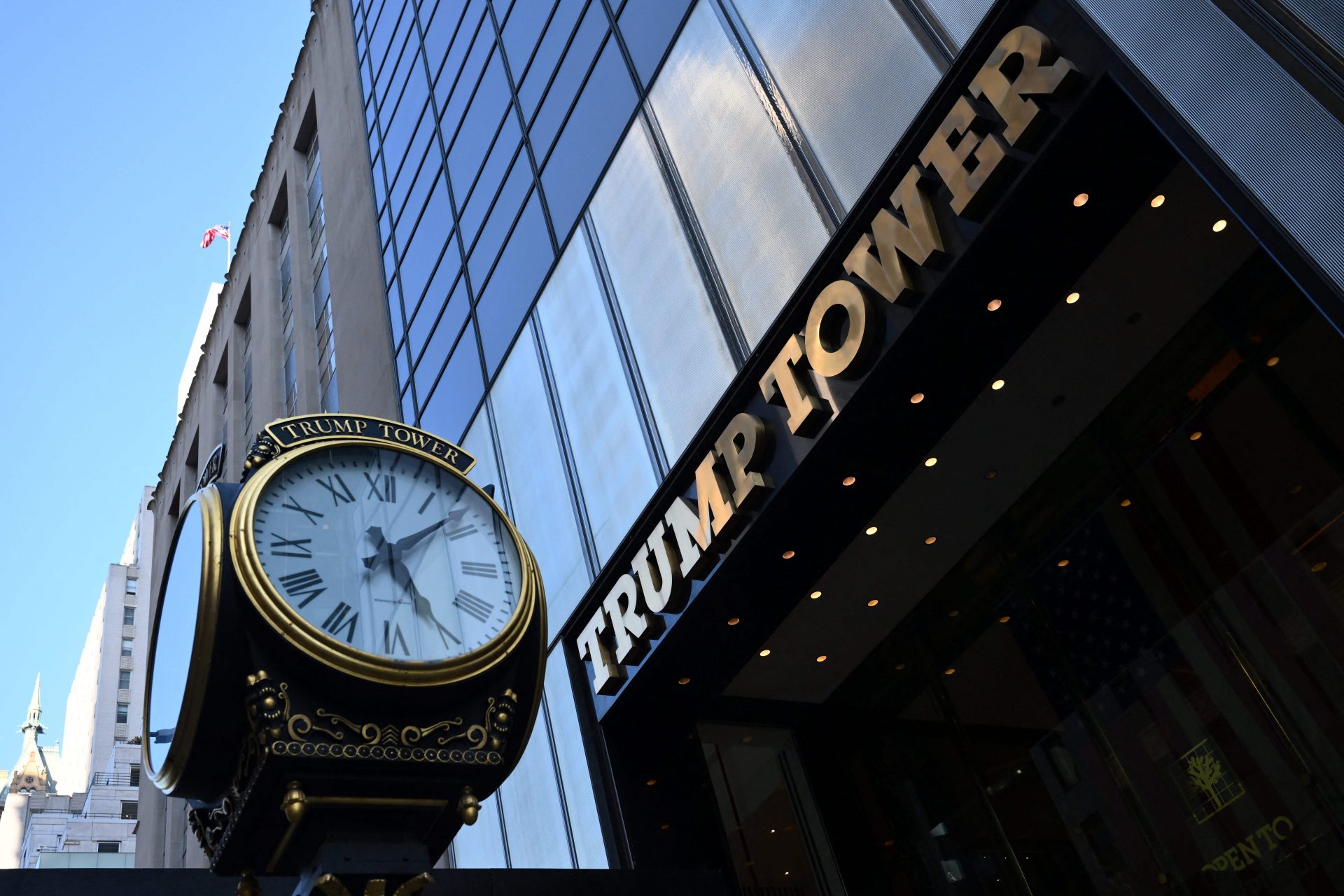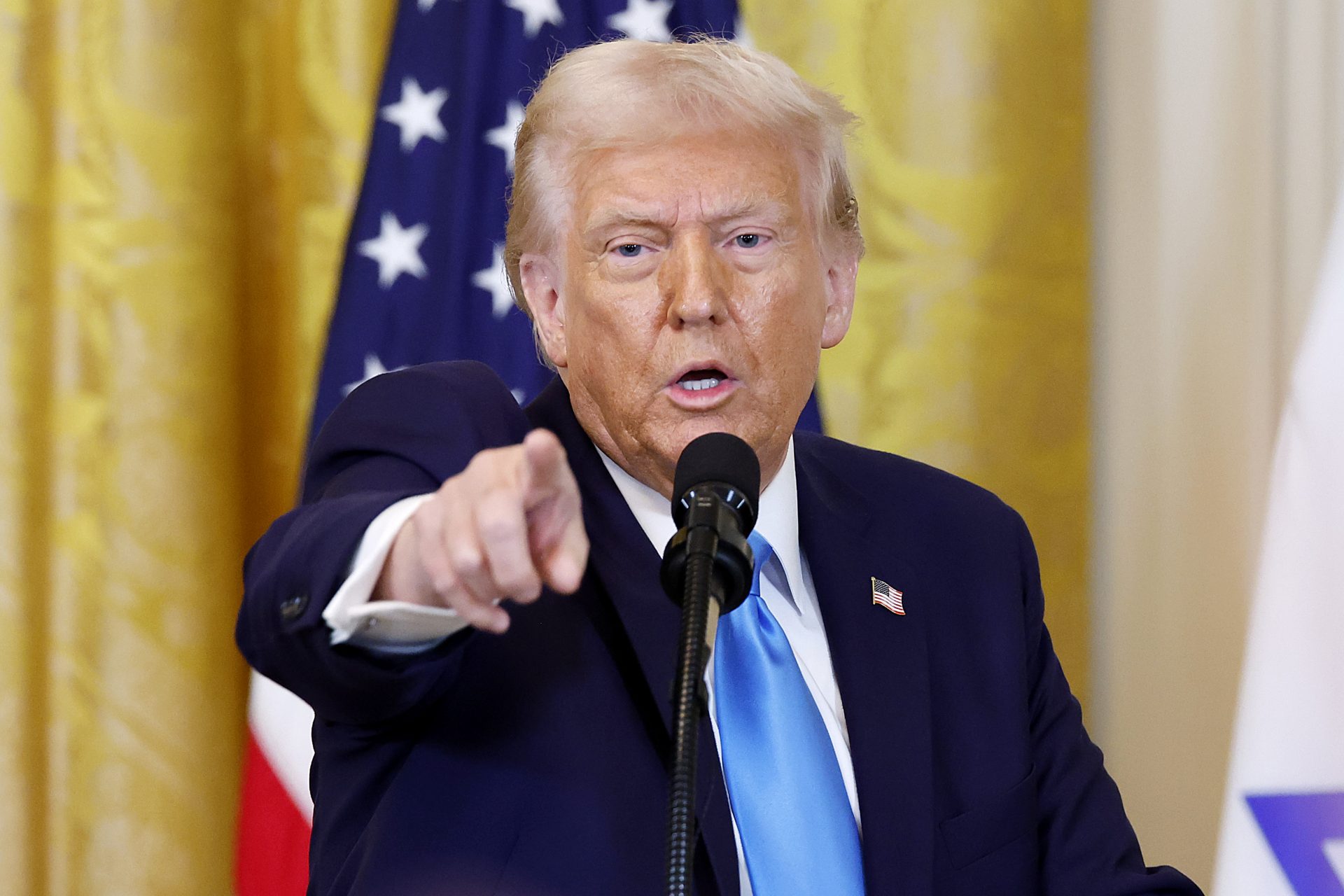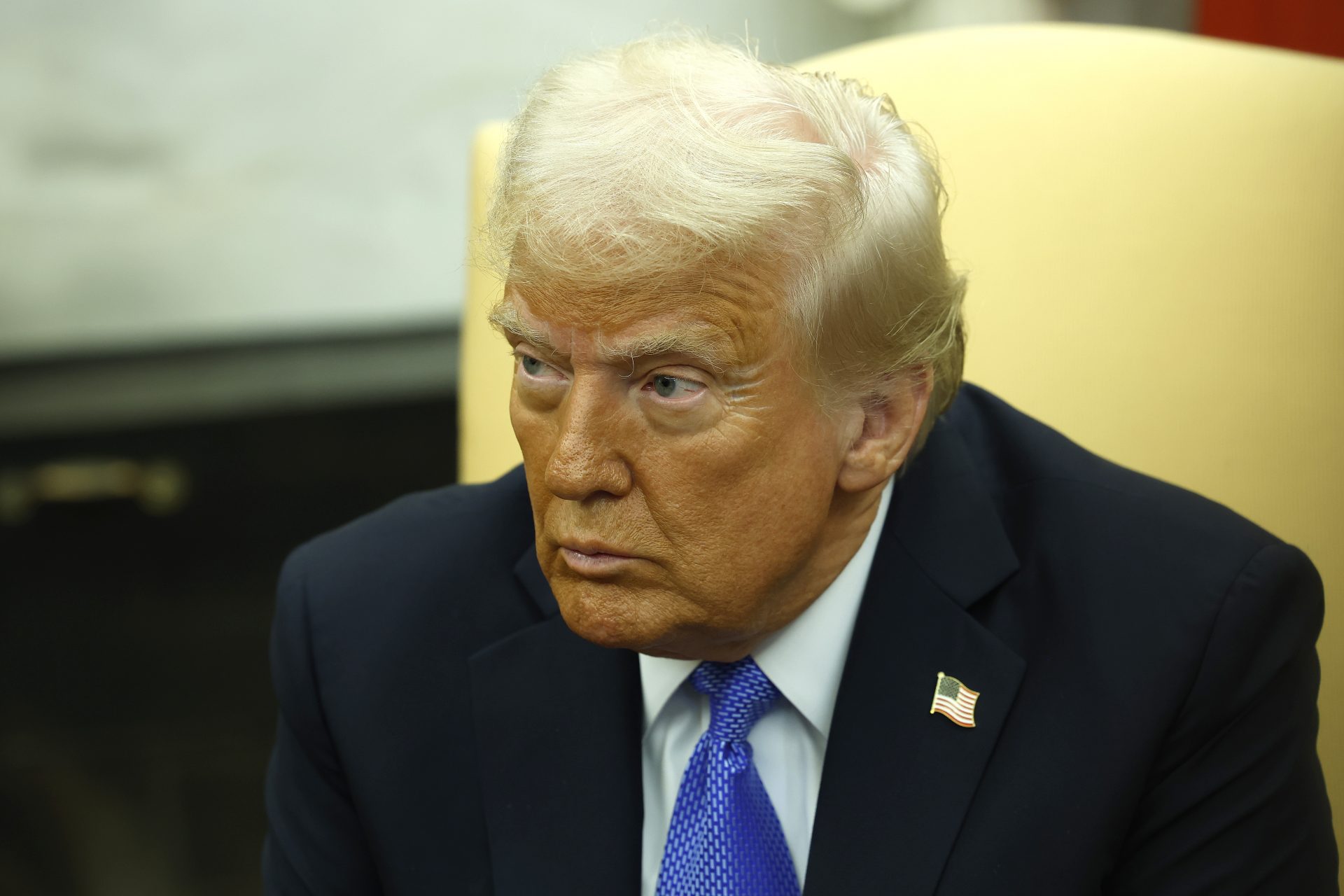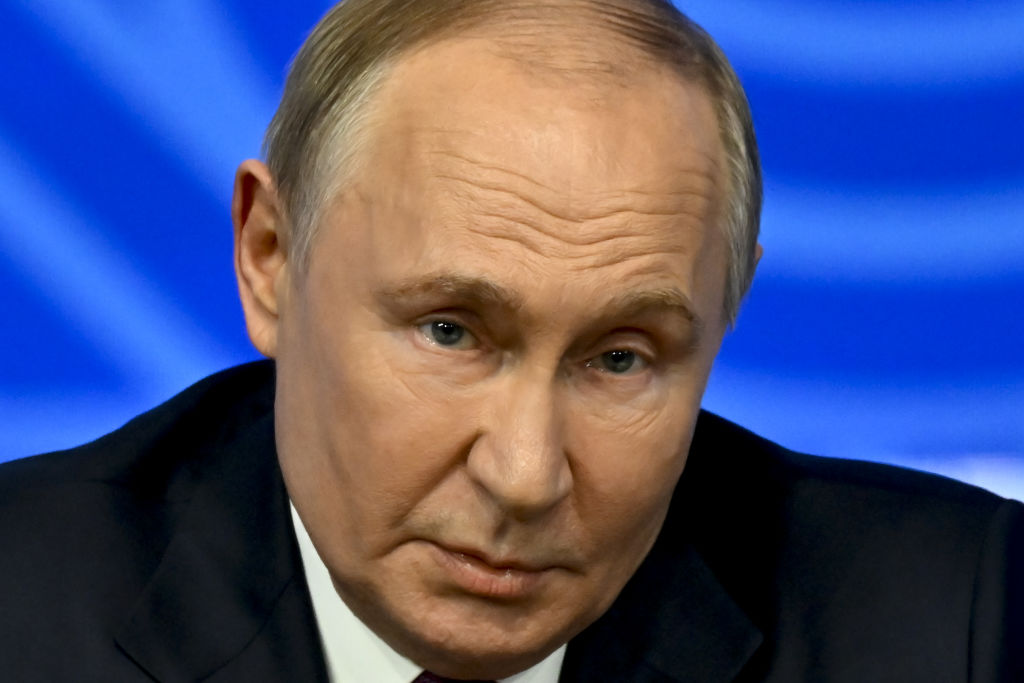Is Boeing considering selling its space business and NASA deals?
According to an exclusive by The Wall Street Journal, Boeing’s new CEO is considering selling the company’s space business and NASA deals, including its Starliner space capsule.
The effort is at an early stage, the WSJ said, and it might not result in a deal. Still, the option is on the table as a potential financial lifeline for the company.
According to the newspaper, the company is facing a deep financial crisis. Its space endeavors have also become a problem rather than a source of economic growth.
The company has a historic relationship with NASA, dating back to the first Moon mission. However, this year, the agency had to return the company’s private capsule without its crew due to a malfunction.
The capsule was Boeing's first attempt at the space market. AP News said the vessel had a leak before departure. Still, the company and NASA finally decided it was safe to launch.
The malfunction got worse as the Starliner latched to the ISS. NASA decided the vessel was unsafe, and future missions must readjust to return the two astronauts it had taken there.
The failure was a brutal hit for the company, going through one of its most challenging years. It had to ground planes due to malfunctions, had a leak scandal, and will now endure a worker strike.
"Boeing is going to need to grapple with the consequences of the failure," Todd Harrison, a space industry veteran, told NPR. He said the company has changed since it signed its contract with NASA a decade ago.
"It's fairly likely Boeing will, within a few weeks or months, conclude that they just need to step back," Mr. Harrison added. The program does not align with their line of business anymore.
The decision would remove Boeing from the private space race. A deal would allow SpaceX to become the only large corporation in the landscape next to a sea of start-ups.
It also comes right after Musk’s company completed a historic venture. This year, the company launched an ambitious space mission and preserved a consistent relationship with NASA.
The expedition included the first commercial spacewalk in history. A tech billionaire, Jared Isaacman, paid for part of the trip and tested the company's space suits in a controlled venture out of their capsule.
According to AP News, the three people in the SpaceX capsule only stepped outside the capsule and did not let go of it. However, they traveled farther than any other human after the moon landing.
Outside the US, where many efforts to innovate space ventures are coming from the private sector, governments are also pouring resources into furthering their presence in space.
China is one of the clearest examples. According to Forbes, the nation's leadership has spoken openly of its intent to become "a great space power." It recently became the first country to send a probe to the dark side of the Moon.
Forbes said Japan is also in the lead, launching a rocket with two separate cargoes with entirely different missions: an X-ray telescope to study the chemistry of the universe and a moon probe to develop landing technologies.
More for you
Top Stories



